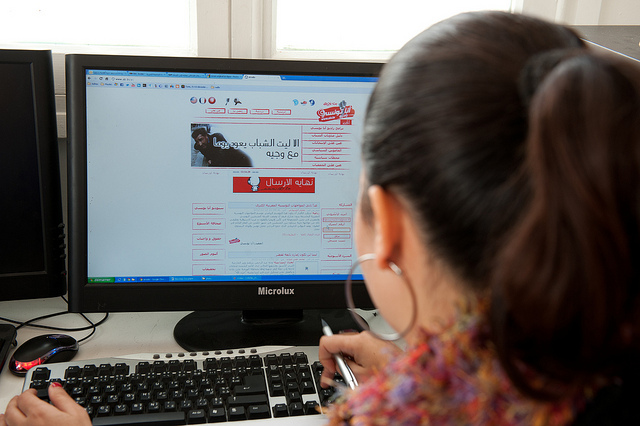Turns Out Heavy Reliance on Computers Doesn’t Improve Education, Distressing Millennials Everywhere
What? No! We've been living a lie! Our parents were right! Argggghhhh.

Computers are necessary tools to help students learn … about computers, that is. For other subjects, a study shows that heavy reliance on computers as educational tools doesn’t necessarily help students learn—or teachers teach—more effectively.
The report, from the UK’s Organisation for Economic Co-operation and Development, found that the effect of technology on students’ international standards tests (PISA tests) performance—and even “digital skills”—was “mixed at best.” They also found “no noticeable improvement” in reading, math, and science scores in school systems that relied heavily on technology for teaching compared to those that didn’t.
BBC reports that the study’s general findings were as follows:
- Students who use computers very frequently at school get worse results
- Students who use computers moderately at school, such as once or twice a week, have “somewhat better learning outcomes” than students who use computers rarely
- The results show “no appreciable improvements” in reading, mathematics or science in the countries that had invested heavily in information technology
- High achieving school systems such as South Korea and Shanghai in China have lower levels of computer use in school
- Singapore, with only a moderate use of technology in school, is top for digital skills
So it seems that, like any other teaching tool, it’s more about how the computers are used than just throwing a ton of them into classrooms, and so far, more computer use doesn’t mean better proficiency. England’s schools minister, Nick Gibb, advised that schools should consider each student individually when deciding how technology should bes supplement an educational program—it’s not the teching cure-all people may have assumed.
Still, while it may be wise to reevaluate whether the investment in technology in schools is being put to good use, removing computers is unlikely to have a positive effect, either. Microsoft spokesman Hugh Milward told BBC News, “The internet gives any student access to the sum of human knowledge, 3D printing brings advanced manufacturing capabilities to your desktop, and the next FTSE 100 business might just as well be built in a bedroom in Coventry as in the City.”
(image via World Bank Photo Collection)
—Please make note of The Mary Sue’s general comment policy.—
Do you follow The Mary Sue on Twitter, Facebook, Tumblr, Pinterest, & Google +?
Have a tip we should know? [email protected]